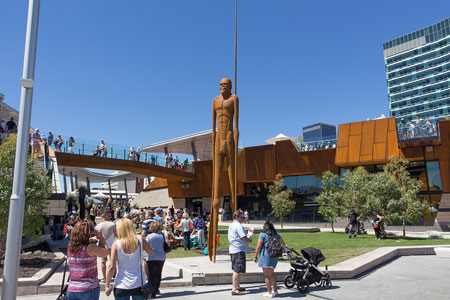Perth Translation Services » Biomedical Engineering Translation » Hindi Translator
Hindi Biomedical Engineering Translation
Perth Translation provide English <> Hindi document translation services for health and medical research, getting the research out of the laboratory and into the marketplace. Through multilingual translations, we support the development of biomedical ventures in Australia to achieve significant national health and economic outcomes.
Only Hindi translators with the experience and background in translating for medicine, biology and engineering subjects are able to provide for accurate and reliable biomedical engineering translations.
Upload documents for translation
Professional Hindi Translator

Perth Translation provides professional Hindi <> English translation services. You can use the form on this page to upload multiple files for a confirm quote and delivery time. Our Hindi translator is ready to assist with your translation project.

Biomedical Engineering Translations For All Major Languages
- Arabic biomedical engineering translation
- Chinese biomedical engineering translation
- Croatian biomedical engineering translation
- Czech biomedical engineering translation
- Estonian biomedical engineering translation
- Dutch biomedical engineering translation
- Finnish biomedical engineering translation
- French biomedical engineering translation
- German biomedical engineering translation
- Greek biomedical engineering translation
- Hindi biomedical engineering translation
- Hungarian biomedical engineering translation
- Indonesian biomedical engineering translation
- Italian biomedical engineering translation
- Japanese biomedical engineering translation
- Korean biomedical engineering translation
- Malay biomedical engineering translation
- Norwegian biomedical engineering translation
- Persian biomedical engineering translation
- Polish biomedical engineering translation
- Portuguese biomedical engineering translation
- Punjabi biomedical engineering translation
- Russian biomedical engineering translation
- Serbian biomedical engineering translation
- Slovak biomedical engineering translation
- Spanish biomedical engineering translation
- Swedish biomedical engineering translation
- Tagalog biomedical engineering translation
- Thai biomedical engineering translation
- Turkish biomedical engineering translation
- Ukrainian biomedical engineering translation
- Urdu biomedical engineering translation
- Vietnamese biomedical engineering translation
About the Hindi Language
Hindi is the most commonly spoken language in India. It is the fifth most spoken language in the world with about 182 million native speakers in 1998. The Devanāgarī script is used to write Hindi.
Hindi is widely written, spoken and understood in North India and some other places in India. In 1997, a survey found that 45% of Indians can speak Hindi.
Like other Indo-Aryan languages, Hindi is a direct descendant of an early form of Vedic Sanskrit, through Sauraseni Prakrit and Śauraseni Apabhraṃśa (from Sanskrit apabhraṃśa "corrupted"), which emerged in the 7th century CE.
Before the standardization of Hindi on the Khariboli dialect, various dialects and languages of the Hindi belt attained prominence through literary standardization, such as Avadhi and Braj Bhasha. Early Hindi literature came about in the 12th and 13th centuries CE. This body of work included the early Rajasthani epics such as renditions of the Dhola Maru, the Prithviraj Raso in Braj Bhasha, and the works of Amir Khusrow in the Khariboli of Delhi.
Modern Standard Hindi is based on the Khariboli dialect, the vernacular of Delhi and the surrounding region, which came to replace earlier prestige dialects such as Awadhi, Maithili (sometimes regarded as separate from the Hindi dialect continuum) and Braj. Urdu – another form of Hindustani – acquired linguistic prestige in the later Mughal period (1800s), and underwent significant Persian influence. Modern Hindi and its literary tradition evolved towards the end of the 18th century. In the late 19th century, a movement to further develop Hindi as a standardised form of Hindustani separate from Urdu took form. In 1881, Bihar accepted Hindi as its sole official language, replacing Urdu, and thus became the first state of India to adopt Hindi. Modern Standard Hindi is one of the youngest Indian languages in this regard.

